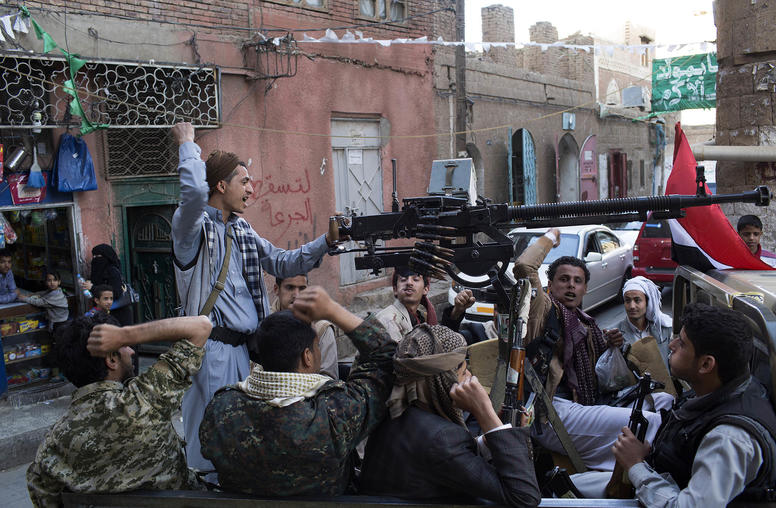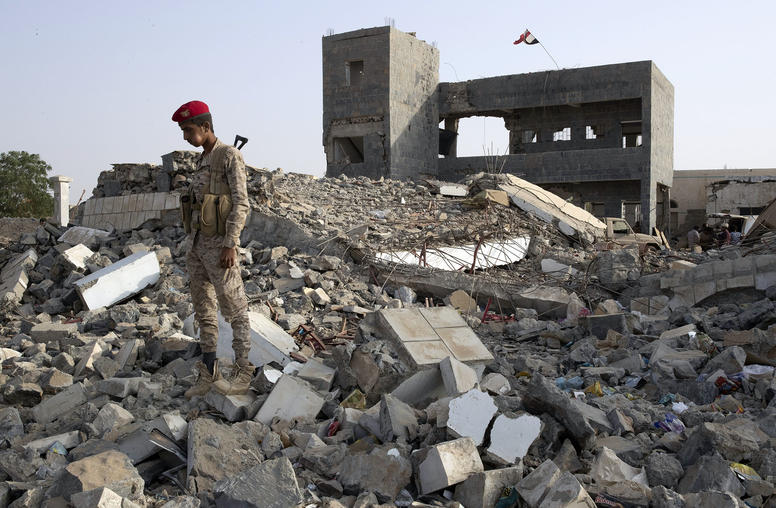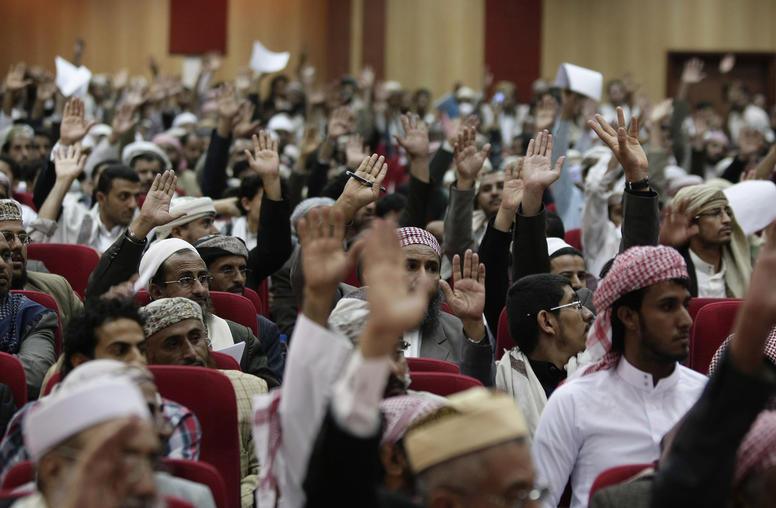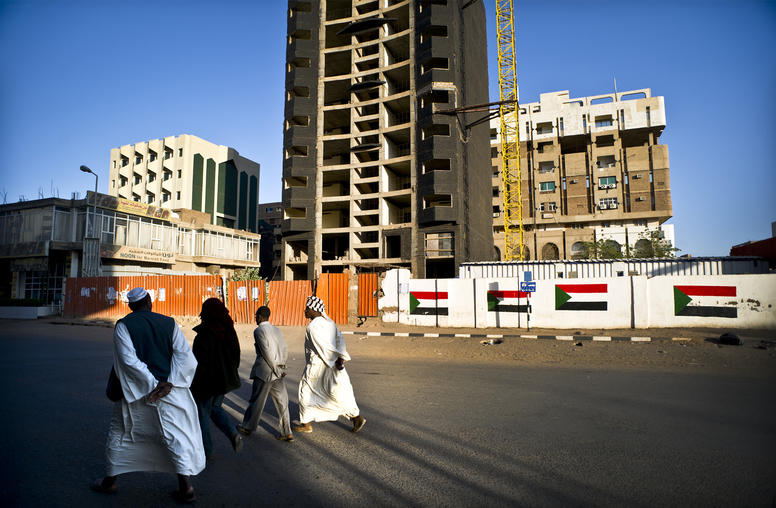Yemen and Transitional Justice
I recently returned from Taiz, Yemen. A city with a history of commerce and intellectual thought, Taiz, known as a home of opposition voices, is the second largest city in Yemen and is nestled by mountains. Together with other countries including Tunisia, Libya and Egypt, Yemen joined the Arab Spring movement against authoritarian rule in the Middle East and North Africa. Calling for the then President Saleh to step down, protests began in Taiz on February 11, 2011.
|
|
As their fellow Yemeni protestors did in the cities of Sana'a and Aden, the protestors in Taiz set up tents in what is known as "Freedom Square." The government deployed troops, artillery and snipers against them. Local tribal leaders' militia got involved on behalf of the protestors, resulting in an armed conflict that continued for months. Government crackdowns on the protest movement in Taiz continued beyond the signing of the Gulf Cooperation Council (GCC) agreement in November 2011 and Saleh stepping down. Many protestors and bystanders, including children and women, have been killed and injured since the protests began.
|
|
While in Taiz, I participated in a conference on transitional justice where debates, sometimes heated, took place on how best Yemen can address past abuses in a way that holds perpetrators accountable, compensates for past wrongs, prevents future abuses and promotes social healing and reconciliation. There were a number of different views on how best these goals can be accomplished, especially given the political and security challenges facing Yemen. But a few comments from participants have left a lasting impression with me:
- I am not here for revenge but to bring evidence of crimes. Had there been earlier accountability, we could have prevented later bloodshed. Making people accountable now will prevent future conflict. Impunity will result in more conflict.
- The focus on vengeance only begets greater problems, including a return to the cycle of violence. The focus needs to be on social harmony.
- There is an evolution of the Arab world and in Yemen. We need tools of the future for a modern state. We cannot return to the old ways of doing things.
- We have different ideologies and positions but we all need to respect and listen to each other.
- The cycle of the past should not be replicated. We do not want history all over again.
- If the country falls, it will fall on everyone’s heads. There is the need for unity of people and national and inclusive dialogue should be accommodated.



